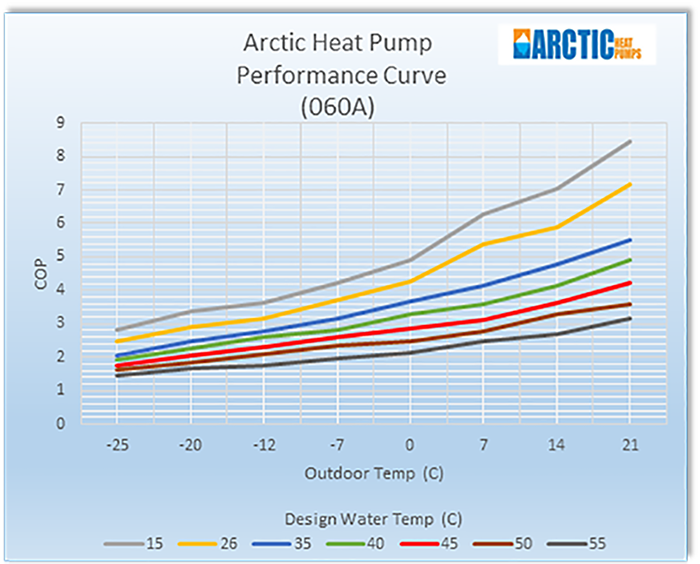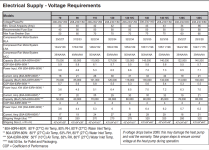- May 31, 2012
- 959
- Pool Size
- 100000
- Surface
- Vinyl
- Chlorine
- Salt Water Generator
- SWG Type
- Jandy Aquapure 1400
[Note - I am not debating the pros and cons of the carbon tax or the politics of the situation. I am just starting a discussion on whether it makes sense to buy a new natural gas pool heater in Canada, assuming that the carbon tax regime stays the same as it is today.]
I am in Toronto and have a natural gas heater for my pool. In Canada we have a carbon tax regime that is escalating over time. Currently the tax is 12.4c/m^3 which is almost equal to the cost of the gas itself at 15.8c/m^3 (my rate in August with Enbridge). There are other delivery charges as well on the bill my current variable charges for gas are as follows so my current gas charges are about $0.16 for Gas, $0.124 for the carbon tax and about $0.13 for delivery, and other variable charges. There is also a a fixed cost of $23 per month.
Over the next few years the carbon tax is scheduled to go up. In 2030 that tax is supposed to go up to $0.324/m. So the price paid for natural gas will be up by 50% by 2030, assuming that the actual gas cost stays the same.
Therefore, does it still make sense to be buying a gas heater in Canada? Should we be looking at moving towards heat pumps, even though they are much slower and less effective in heating a pool in the shoulder seasons? I haven't heard much discussion of this, but that carbon tax will really bite in the future when it hits that amount. It is already 29% of the variable price of gas and will rise to over 50% in 2030, given current assumptions.
I am in Toronto and have a natural gas heater for my pool. In Canada we have a carbon tax regime that is escalating over time. Currently the tax is 12.4c/m^3 which is almost equal to the cost of the gas itself at 15.8c/m^3 (my rate in August with Enbridge). There are other delivery charges as well on the bill my current variable charges for gas are as follows so my current gas charges are about $0.16 for Gas, $0.124 for the carbon tax and about $0.13 for delivery, and other variable charges. There is also a a fixed cost of $23 per month.
Over the next few years the carbon tax is scheduled to go up. In 2030 that tax is supposed to go up to $0.324/m. So the price paid for natural gas will be up by 50% by 2030, assuming that the actual gas cost stays the same.
Therefore, does it still make sense to be buying a gas heater in Canada? Should we be looking at moving towards heat pumps, even though they are much slower and less effective in heating a pool in the shoulder seasons? I haven't heard much discussion of this, but that carbon tax will really bite in the future when it hits that amount. It is already 29% of the variable price of gas and will rise to over 50% in 2030, given current assumptions.






